Patrick D. Miller Jr., Old Testament Editor
Paul J. Achtemeier, New Testament Editor
J. GERALD JANZEN
Job


1985 John Knox Press
2012 paperback edition
Originally published in hardback in the United States
by John Knox Press in 1985
Louisville, Kentucky
12 13 14 15 16 17 18 19 20 2110 9 8 7 6 5 4 3 2 1
All rights reserved. No part of this book may be reproduced or transmitted in any form or by any means, electronic or mechanical, including photocopying, recording, or by any information storage or retrieval system, without permission in writing from the publisher. For information, address Westminster John Knox Press, 100 Witherspoon Street, Louisville, Kentucky 40202-1396. Or contact us online at www.wjkbooks.com.
Scripture quotations that are not the translation of the author, Marvin H. Pope, or Robert Gordis are from the Revised Standard Version of the Holy Bible, copyright 1946, 1952, and 1971, 1973 by the Division of Christian Education, National Council of the Churches of Christ in the U.S.A., and used by permission.
Library of Congress Cataloging-in-Publication Data
Janzen, J. Gerald, 1932
Job.
(Interpretation, a Bible commentary for teaching and preaching)
Bibliography: p.
1. Bible. O.T.Commentaries. I. Title. II. Series
BS1415.3.J36 1985 223.107 8448512
ISBN-13: 978-0-8042-3114-5
ISBN: 978-0-664-23877-3 (paper edition)
 The paper used in this publication meets the minimum requirements of the American National Standard for Information SciencesPermanence of Paper for Printed Library Materials, ANSI Z39.48-1992.
The paper used in this publication meets the minimum requirements of the American National Standard for Information SciencesPermanence of Paper for Printed Library Materials, ANSI Z39.48-1992.
SERIES PREFACE
This series of commentaries offers an interpretation of the books of the Bible. It is designed to meet the need of students, teachers, ministers, and priests for a contemporary expository commentary. These volumes will not replace the historical critical commentary or homiletical aids to preaching. The purpose of this series is rather to provide a third kind of resource, a commentary which presents the integrated result of historical and theological work with the biblical text.
An interpretation in the full sense of the term involves a text, an interpreter, and someone for whom the interpretation is made. Here, the text is what stands written in the Bible in its full identity as literature from the time of the prophets and apostles, the literature which is read to inform, inspire, and guide the life of faith. The interpreters are scholars who seek to create an interpretation which is both faithful to the text and useful to the church. The series is written for those who teach, preach, and study the Bible in the community of faith.
The comment generally takes the form of expository essays. It is planned and written in the light of the needs and questions which arise in the use of the Bible as Holy Scripture. The insights and results of contemporary scholarly research are used for the sake of the exposition. The commentators write as exegetes and theologians. The task which they undertake is both to deal with what the texts say and to discern their meaning for faith and life. The exposition is the unified work of one interpreter.
The text on which the comment is based is the Revised Standard Version of the Bible. The general availability of this translation makes the printing of a translation unnecessary and saves the space for comment. The text is divided into sections appropriate to the particular book; comment deals with passages as a whole, rather than proceeding word by word, or verse by verse.
Writers have planned their volumes in light of the requirements set by the exposition of the book assigned to them. Biblical books differ in character, content, and arrangement. They also differ in the way they have been and are used in the liturgy, thought, and devotion of the church. The distinctiveness and use of particular books have been taken into account in decisions about the approach, emphasis, and use of space in the commentaries. The goal has been to allow writers to develop the format which provides for the best presentation of their interpretation.
The result, writers and editors hope, is a commentary which both explains and applies, an interpretation which deals with both the meaning and the significance of biblical texts. Each commentary reflects, of course, the writers own approach and perception of the church and world. It could and should not be otherwise. Every interpretation of any kind is individual in that sense; it is one reading of the text. But all who work at the interpretation of Scripture in the church need the help and stimulation of a colleagues reading and understanding of the text. If these volumes serve and encourage interpretation in that way, their preparation and publication will realize their purpose.

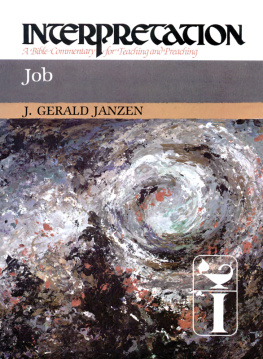
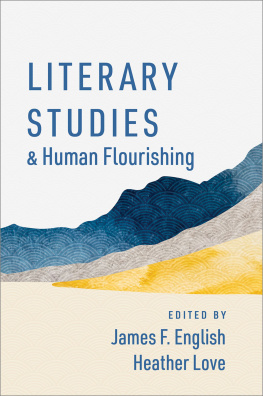
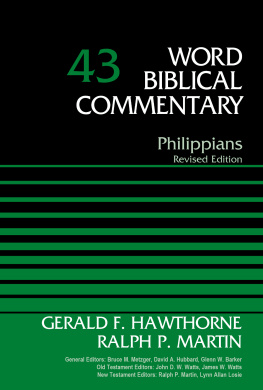
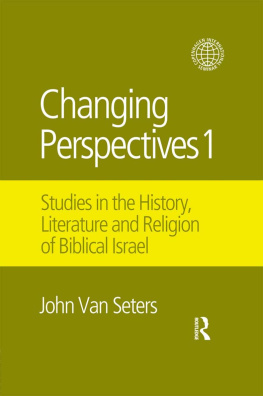
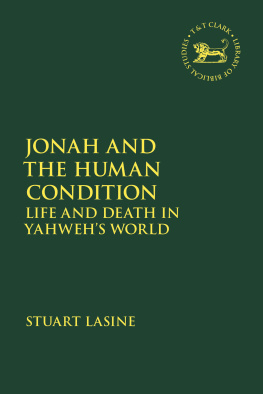

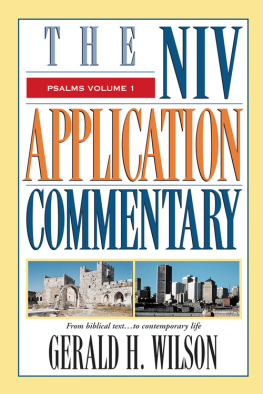
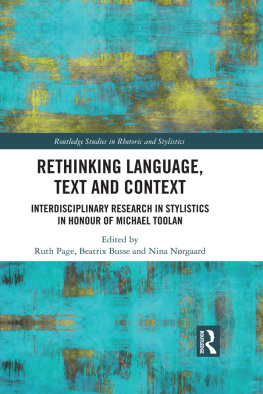
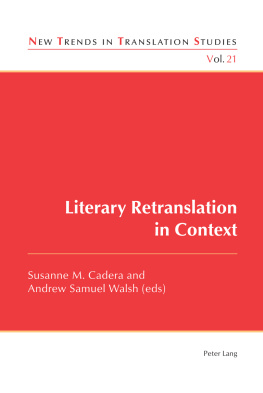
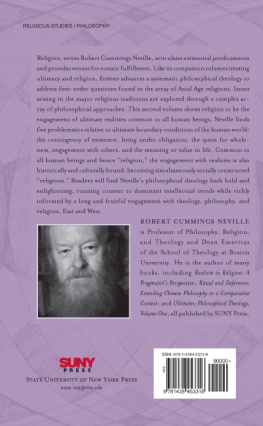



 The paper used in this publication meets the minimum requirements of the American National Standard for Information SciencesPermanence of Paper for Printed Library Materials, ANSI Z39.48-1992.
The paper used in this publication meets the minimum requirements of the American National Standard for Information SciencesPermanence of Paper for Printed Library Materials, ANSI Z39.48-1992.